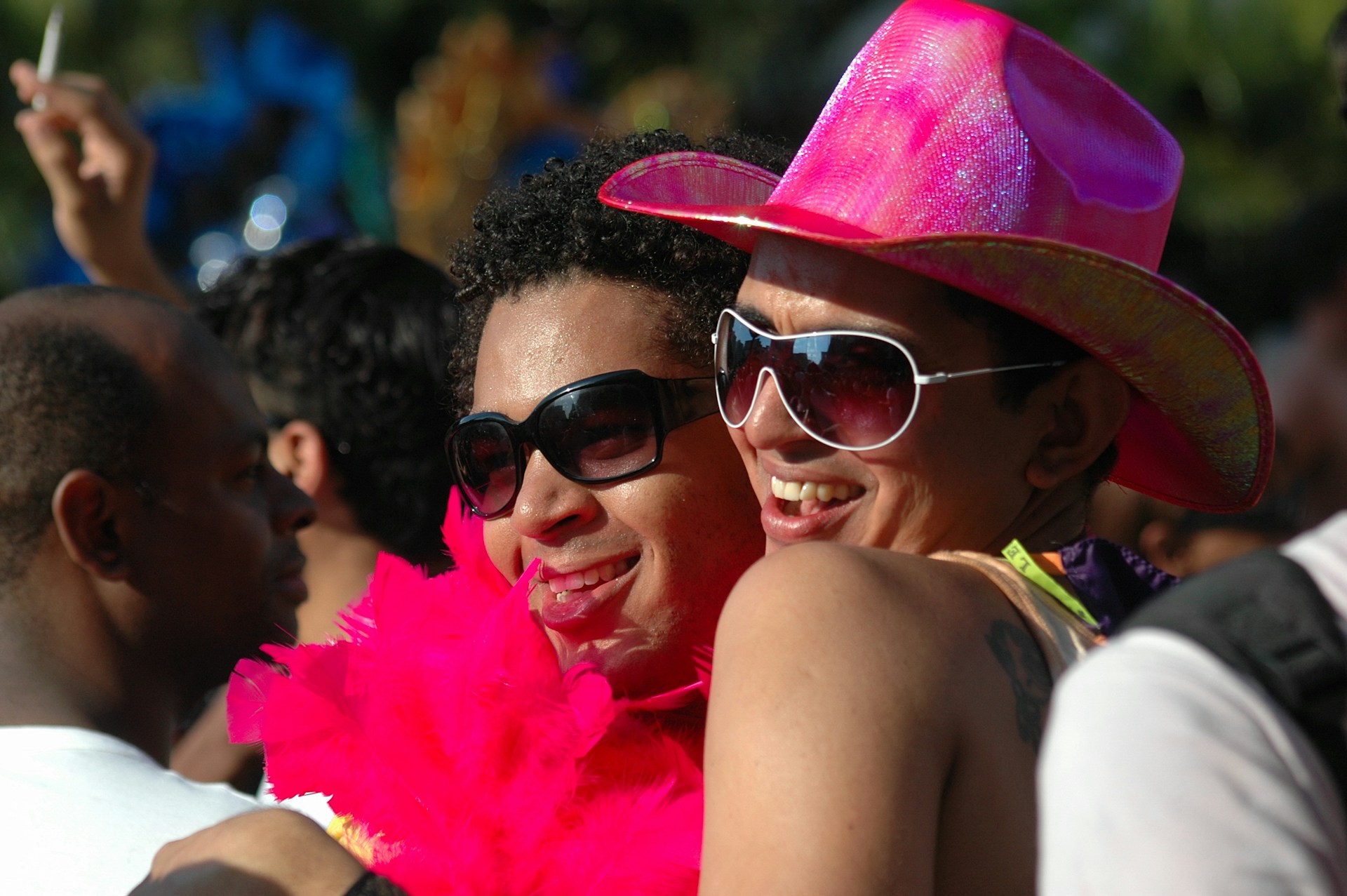Although it has little chance of passing through the Senate in its current state, the United States House of Representatives recently passed the Equality Act, which would amend the Civil Rights Act of 1964 to include discrimination protections based on sexual orientation and gender identity. These protections are technically in place already due to a recent Supreme Court ruling, but realistically they’ll be flimsy and under constant legal scrutiny until a real law is passed in Congress to add support.
The protections will basically bar employers and landlords from firing someone, refusing to hire someone, and refusing to accept a lessor depending on sexual orientation or gender identity. But let’s face it: members of the LGBTQ community face discrimination from plenty of other people for plenty of other reasons. Can we sue for those moments of discrimination?
In general, people have the First Amendment right to free speech. You already know that. This right gives people protection from the federal government based on what they say. There are exceptions to the rule, of course (like, say, when someone promotes insurrection against the United States of America). But in general, a person can’t be held liable for anything they say. For example, you can’t sue a guy for calling you a faggot when he drives by.
But there are situations in which you can sue someone for this type of discrimination especially when it’s tied into other laws that provide everyone with legal options. It’s a lot tougher to discriminate against gay people when those laws already exist. Take libel and slander laws, for example. If someone accuses an LGBTQ person of something without proof, and that slander costs the LGBTQ person money…well, then the LGBTQ person has a beautiful foundation for a case.
Southern California Injury Lawyers see cases like these all the time, because slander and libel are forms of personal injury.
The biggest problem with slander and libel laws is that in order to build a successful case, you need to prove that you were subject to financial damages and most of us can’t do that. For example, if someone were to make an accusation that results in quantifiable business losses month after month, then you can prove damages in or out of court. These are the easiest cases for a personal injury lawyer to win.
There are other types of discrimination that an LGBTQ person might face, regardless of the law. For example, you might run into problems cementing your same-sex marriage, adoption, foster parent status, or obstacles related to employment and housing discrimination, hate crimes, fair education, etc. If you think any of these apply to you, any personal injury or discrimination lawyer can provide a consult for free. It’s worth asking.
